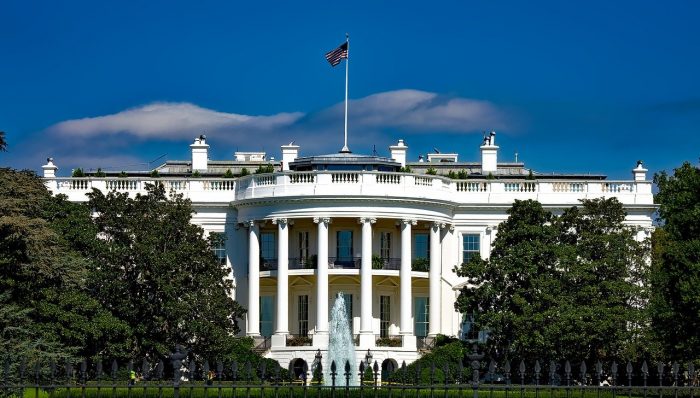The Medical Assistance Bulletin 08-24-04, issued by the Department of Human Services (DHS) Office of Medical Assistance Programs (OMAP), provides updates to the PROMISe (Provider Reimbursement and Operations Management Information System) Provider Handbook 837, Professional/CMS-1500 Claim Form, specifically focusing on Appendix E – FQHC/RHC (Federally Qualified Health Center/Rural Health Center) Handbook. Released on March 1, 2024, the bulletin outlines revisions to Federal and State requirements for FQHCs and RHCs in Pennsylvania participating in the Medical Assistance (MA) Program.
Notable changes include the addition of pharmacists and licensed dietician-nutritionists as eligible practitioners for billable encounters starting March 1, 2024. The revision addresses group therapy encounters and introduces guidelines for telehealth, telemedicine, and teledentistry in FQHC and RHC services. A new section on alternative payment methodologies is included, along with updates to the MA Cost Reporting and Wraparound Reporting sections. The Centers for Medicare & Medicaid Services’ clarification designates “hospital” as an allowable place of service for FQHC and RHC services. Providers are encouraged to review the revised handbook for detailed information on these changes.
If you have any questions, please contact RCPA Policy Director Jim Sharp.
















